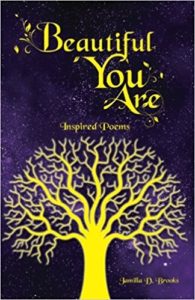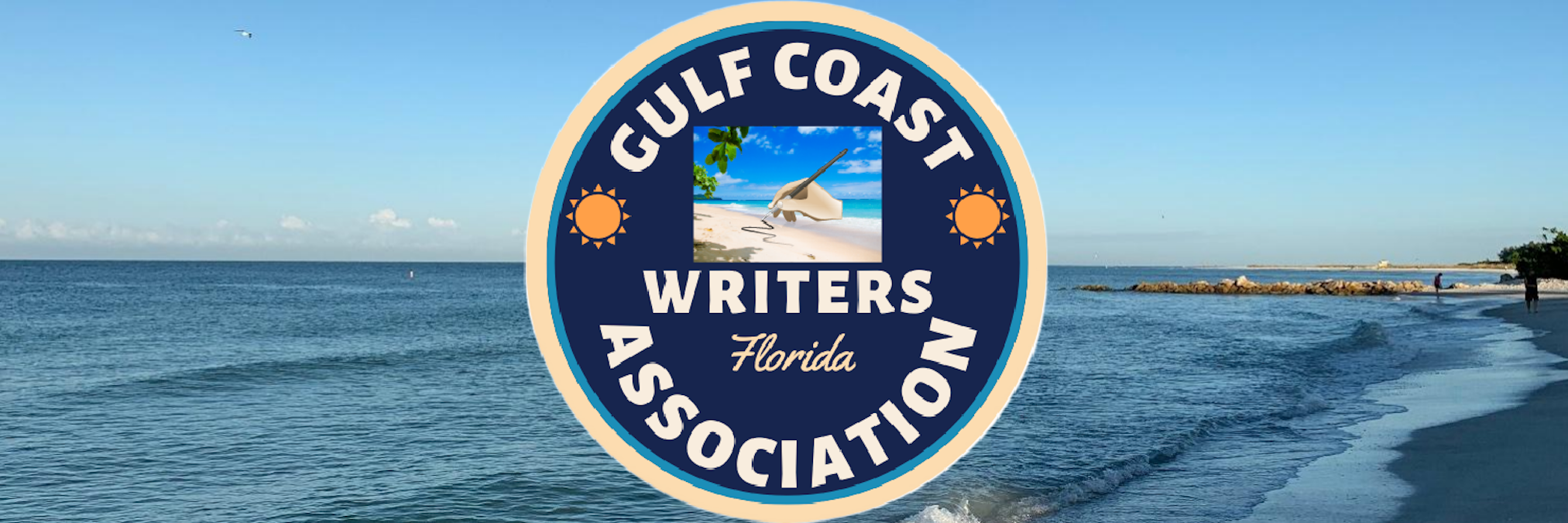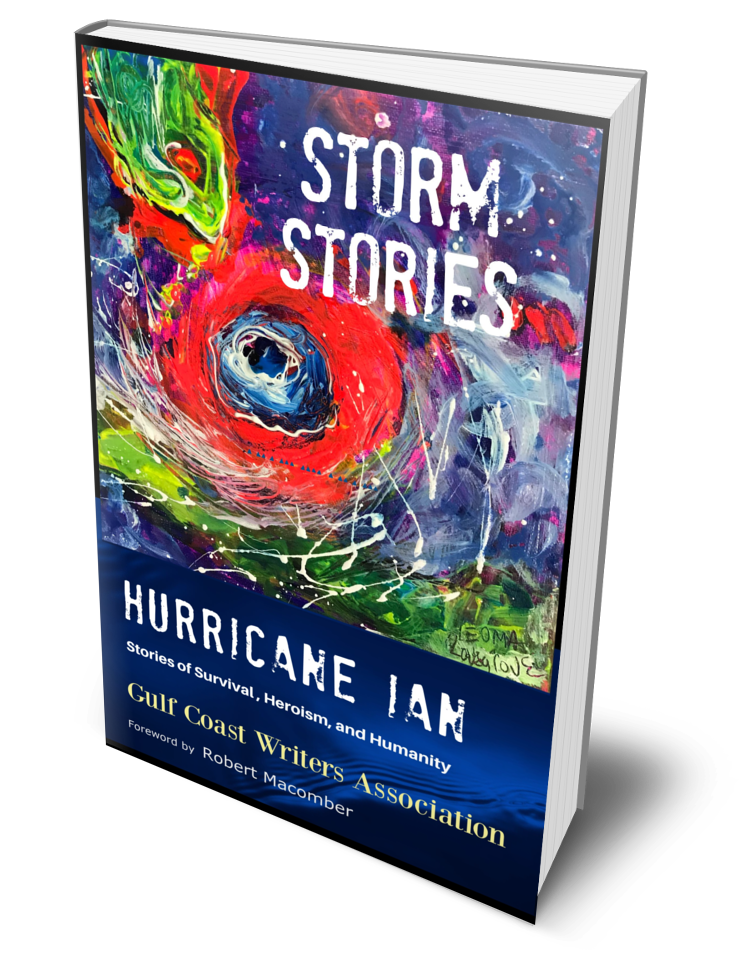A Nuyorican Child’s Christmas In Vieques
(My First Tropical Christmas)
“No hableh ingléh en Viequeh,”
(Do not speak English in Vieques)
I still remember my mother’s words
a few days before Christmas
and after we had just completed
a five-day steamship voyage to Puerto Rico
and a long drive in a público to Fajardo
where we were waiting for “La lancha”
to brave the choppy straits for two hours
and land us on my mother’s home island,
Vieques, an island off
the eastern shore of Puerto Rico,
itself an island in the West Indies.
And I still remember
that when half the island came
to greet my mother
and see the first americano
born in the family
and hear him speak English
and kept demanding
“Habla ingléh, habla ingléh,.”
that I held out for as long as I could,
repeating after each request
my mother’s admonition,
“No hableh ingléh en Viequeh.”
but the bribes of bananas, oranges,
sugar cane and pennies were too great
for four year old me to resist
and I succumbed by reciting
the first stanza of the Star Spangled Banner
that my brother had taught me
before I left New York
and even though I was not too sure
of the meaning and pronunciation
of many of the words,
a shower of applause and pennies
rewarded my first adventure
into performance poetry.
A few days later
I wowed the crowd even more
at my uncle Agustin’s house
when I remembered it was Christmas
and added to my repertoire
“Santa Claus Is Coming To Town”
but when I asked,
“¿cuándo viene Santa Claus?”
I was given the bad news:
Vieques was one town
Santa (San Nicolás) didn’t go to.
Everyone watched my reaction
in a careful silence
until my devastation was relieved
by my uncle’s revelation
that there were Tres Reyes,
Gaspar, Melchor and Baltasar
who delivered presents
not on Christmas Day
but on January 6 because
the camels on which they traveled
were much slower than reindeer.
They would be tired and hungry
and if I left some straw for them
in a shoebox, the next morning
I might find presents.
‘Three Santa’s! Three times more presents!’
I remember thinking in English,
‘and they don’t even have a list
of who’s naughty and nice.’
I obeyed and did not speak English in Vieques
except on those performance occasions
and that one time when my Uncle Braulio
tripled the ante to three pennies
to hear me say curse words
but the Spanish I spoke
was an equal source of delight —
larded with English words and syntax
hybrid utterances such as
me comí five bananas and no me gustan anyway
were preserved in family lore for decades.
I didn’t realize then —
I was one of the pioneer speakers of Spanglish.
There were parties every night,
and three of my uncles were the island’s musicians
and my cousins and I
would accompany them on parrandas
to people’s houses where they played
while everyone sang aguinaldos
and danced and ate and drank
and partied on to the next house
with many of us being carried sleepily
and piled on beds and hammocks
at each stop.
On New Year’s Day, I wept with my cousins
who were heartbroken over the slaughter
of their pet suckling pig, Cucharón,
but that evening we fought over the rights
to his cuerito — roasted crinkled skin,
that tasted better than candy.
Barefoot and happy the entire time,
I spent my second remembered Christmas
with coconut palms instead of pine trees,
sand instead of snow, sleeping in open shacks
without doors, rocking softly in hammocks
canopied with mosquito nets,
with Three Kings and camels and straw
and hand-made gifts in shoeboxes,
and family singing and dancing every evening —
the rhythmic joy and faith of the aguinaldos
shining through their poverty,
illuminating and deepening
the memory and celebration
of all my Christmases to come.
~ Joe Pacheco


